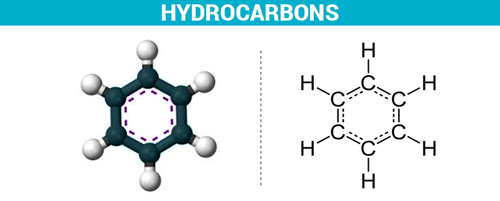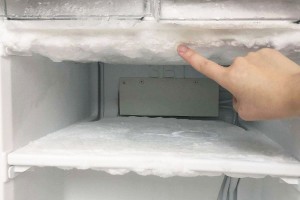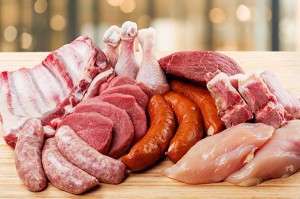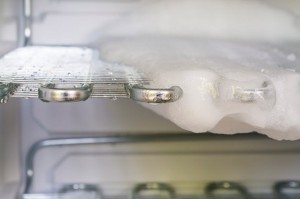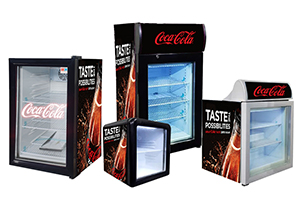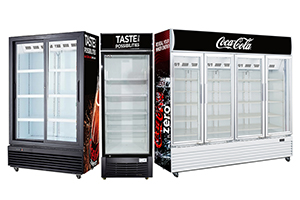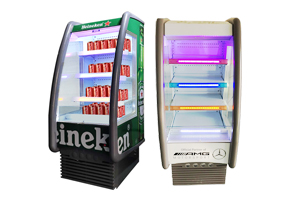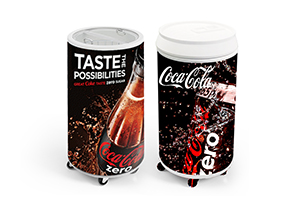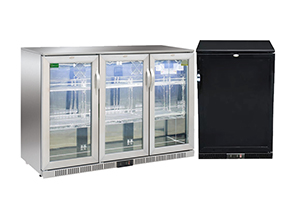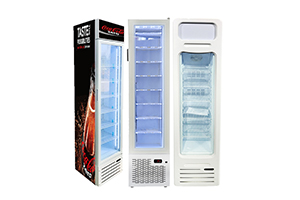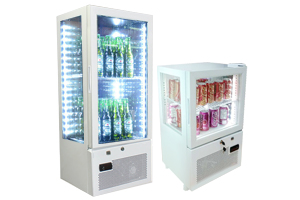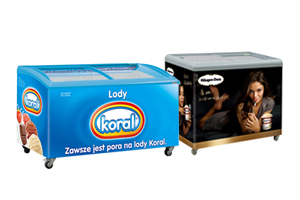What are hydrocarbons, four types, and HCs as coolants
What are hydrocarbons (HCs)
Hydrocarbons are organic compounds that are entirely made up of only two kinds of atoms – carbon and hydrogen. Hydrocarbons are naturally-occurring and form the basis of crude oil, natural gas, coal, and other important energy sources. They are highly combustible and produce carbon dioxide, water, and heat when they are burned. As such, hydrocarbons are highly effective as a source of fuel. Typically, hydrocarbons are colorless gases that have very weak odors.
What are the four types of hydrocarbons?
Hydrocarbons can feature simple or relatively complex structures and can be generally classified into four subcategories, namely alkanes, alkenes, alkynes, and aromatic hydrocarbons.
What are the applications of hydrocarbons?
- Hydrocarbons such as propane and butane are used for commercial fuel purposes in the form of Liquefied Petroleum Gas (LPG). Benzene, one of the simplest aromatic hydrocarbons, serves as the raw material for the synthesis of many synthetic drugs.
- These are used as a combustible fuel source, e.g.: Methane which is the component of natural gas.
- Gasoline, jet fuel and naphtha are aliphatic hydrocarbons which are highly used in different industries.
- Roofing compounds bitumen or pavement composition and wood preservatives are varied forms of hydrocarbons.
- Their applications as large-scale non-fuels such as ethane and propane are obtained from petroleum and natural gas. These two gases can further be converted into ethylene and propylene.
- Special hydrocarbons such as mixture of benzene, toluene and xylene isomers are known and their consumption is very high.
- Naturally occurring hydrocarbons are found in stingless Brazilian bees which leave unique hydrocarbon scents and help in determination of kin from non-kin.
What are hydrocarbon refrigerants?
Hydrocarbon refrigerants are what’s known as ‘natural refrigerants.’ They are non-toxic, non O-zone depleting, and have a very low Global Warming Potential. On top of all that they are one of the most energy efficient refrigerants in the world today.
The time on fluorinated gas refrigerants are coming to an end and they will all be phased out across the world over the next few decades. The hydrocarbon refrigerants will take their place. Hydrocarbons are already widely popular across Europe and Asia and are mostly found being used in refrigerator applications. As usual, the United States is lagging behind the rest of the world when it comes to alternative refrigerants… but give us time and you will begin to see hydrocarbons appear more and more across the US.
Some examples of hydrocarbon coolant are as follows:
R-290 (Propane)
R-600a (Isobutane)
R-1150 (Ethene/Ethylene)
R-1270 (Propene/Propylene)
R-170 (Ethane)
Various blends and mixes of the above products.
Read Other Posts
What Is Defrost System In Commercial Refrigerator?
Many people have ever heard of the term “defrost” when using the commercial refrigerator. If you’ve had used your fridge or freezer for a while, over time...
Proper Food Storage Is Important To Prevent Cross Contamination...
Improper food storage in the refrigerator can lead to cross-contamination, which would ultimately cause serious health problems such as food poisoning and food ...
How To Prevent Your Commercial Refrigerators From Excessive...
Commercial refrigerators are the essential appliances and tools of many retail stores and restaurants, for a variety of different stored products that are usually merchandised...
Our Products
Post time: Jan-28-2023 Views:

